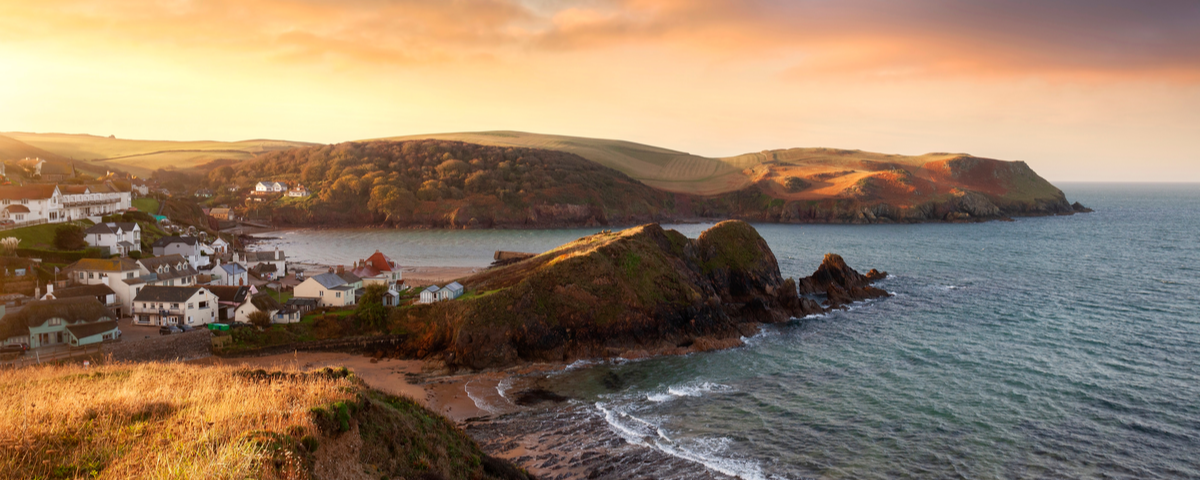The Coronavirus crisis has accelerated a root and branch review of how tourism is organised and funded in future.
The Government acknowledged the importance of tourism in giving the industry its first sector deal two years ago.
That deal included creating a new national data hub, apprenticeships, adding more hotel rooms and improved disabled accessibility.
Then Prime Minister Teresa May said the deal was designed to ensure the UK maintains its position as a key player globally.
But COVID has wrecked the industry and forced some fundamental thinking as to whether the current system of Destination Management Organisations (DMOs) is the best structure to deliver future change.
There are many forms of a DMO but most exist for the promotion of counties or cities. Some are publicly funded, others privately by local tourism interests.
Kurt Jansen is director of The Tourism Alliance, which represents all tourism organisations in the UK. He says: “There are some cracks in the DMO structure which came to a head during the crisis. Are DMOs efficient, effective and sustainable? The answer is no.
“Do they enable government to meet leisure and business tourism policy objectives? Do they engage with councils and Local Enterprise Partnerships (LEPs)?”
The government has commissioned a review of the tourism structure, led by Nick de Bois, head of Visit England.
Speaking to an online forum of the Tourism Management Institute, Jansen said: “The outcome of the review will set the scene for tourism support from government for the foreseeable future.
“We want to know the role of DMOs, how they should be structured or funded and how they engage with Visit England, Visit Britain and the Department for Culture, Media and Sport.
“Their role should be to support the growth of local businesses, be the delivery body for local development and the delivery body for national tourism policies and initiatives.”
Jansen said there are 339 local authorities in England, a third of which spend nothing on tourism.
Overall, their collective tourism expenditure has halved, from £122m in 2009 to £57m now.
And one-third of that £57m is spent by just 10 local authorities – mainly those on the south coast, including Bournemouth, Brighton and Cornwall.
The disparity in DMO thinking and structure was illustrated by Sally Everton, director of Visit Devon, a privately funded membership of tourism businesses.
She said that they had lost income from 100 members who are ‘on hold’ and not renewed, waiting instead to see if their businesses survive the crisis.
Her group has been reliant on government handouts to continue. “But Devon County Council choose not to support tourism,” she said.
The fractured structure of DMOs poses the question of whether there be statutory registration of tourism businesses in order to connect the industry. “No-one has been able to reach the businesses out there for tourism recovery,” said Jansen.
Then maybe there should be area and local DMOs, he said, perhaps with 20 city based DMOs. Funding could be from the members, LEPs and a national distribution structure, like The Arts Council.
And there should be five main guiding principles, said Jansen – stewardship, management, climate and nature, community sustainability and a Meet as well as Visit philosophy.
The consultation with the tourism industry ends this week and Nick de Bois will give his report to government by July 31 in time for an autumn review.


Steve, My advice for local and regional tourism bodies is to ensure that tourism and its economic impacts are included in each county’s and each region’s economic strategy. A while back, I was involved in making sure that this was the case in both Kent and the wider southeast. Jobs, growth, and inward expenditure are the net result.
I’ve always argued that no one does it better than Ireland. England, and to a lesser extent, Scotland and Wales, have yet to catch up.